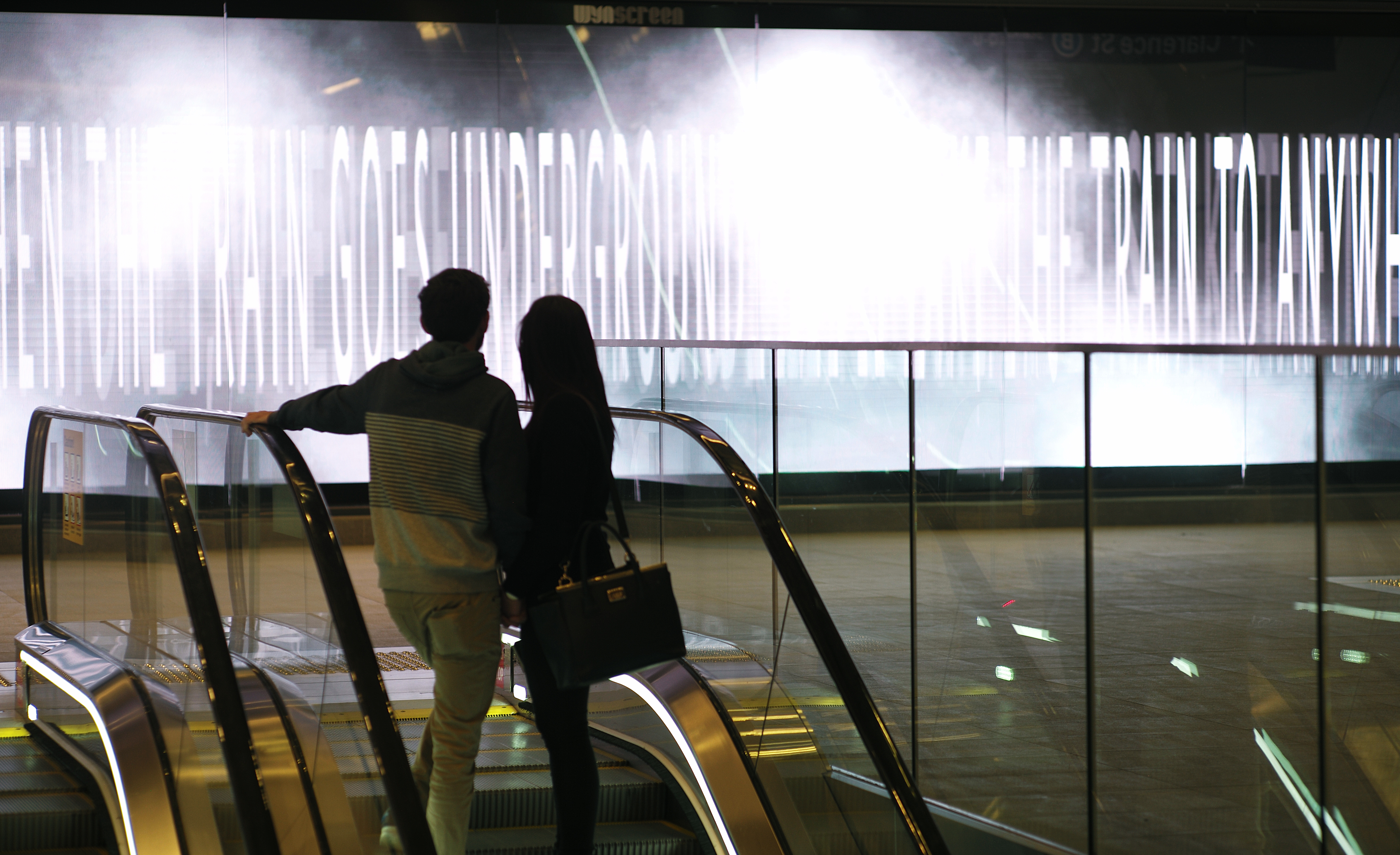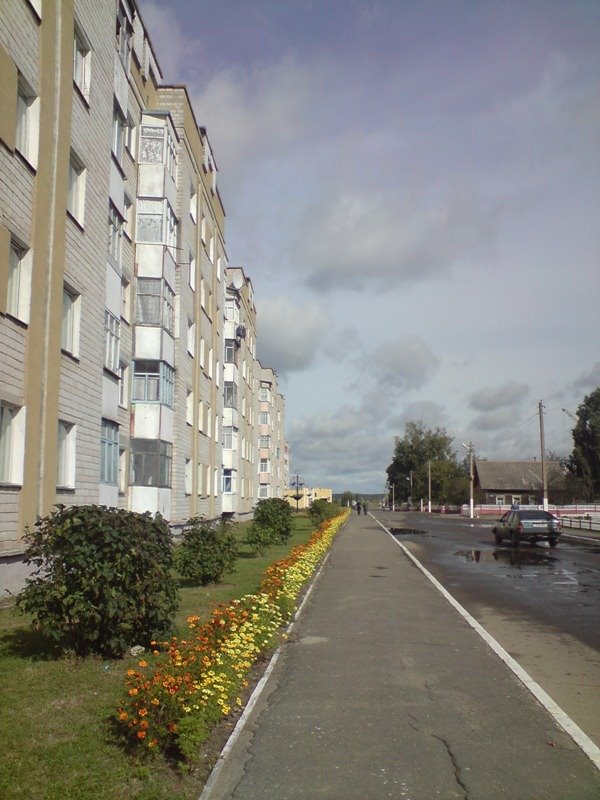
Translations of the title often allude to similar expressions used in domestic works of literature: the French edition of the work is entitled Le Meilleur des mondes ( The Best of All Worlds), an allusion to an expression used by the philosopher Gottfried Leibniz and satirised in Candide, Ou l'Optimisme by Voltaire (1759).


Indeed, the next speaker - Miranda's father Prospero - replies to her innocent observation with the statement "'Tis new to thee." Shakespeare's use of the phrase is intended ironically, as the speaker is failing to recognise the evil nature of the island's visitors because of her innocence. William Shakespeare, The Tempest, Act V, Scene I, ll.

The title Brave New World derives from Miranda's speech in William Shakespeare's The Tempest, Act V, Scene I: It has landed on the American Library Association list of top 100 banned and challenged books of the decade since the association began the list in 1990. Brave New World has frequently been banned and challenged since its original publication. In 2003, Robert McCrum, writing for The Observer, included Brave New World chronologically at number 53 in "the top 100 greatest novels of all time", and the novel was listed at number 87 on The Big Read survey by the BBC. In 1999, the Modern Library ranked Brave New World at number 5 on its list of the 100 best English-language novels of the 20th century. This novel is often compared to George Orwell's Nineteen Eighty-Four (1949). Huxley followed this book with a reassessment in essay form, Brave New World Revisited (1958), and with his final novel, Island (1962), the utopian counterpart. Largely set in a futuristic World State, whose citizens are environmentally engineered into an intelligence-based social hierarchy, the novel anticipates huge scientific advancements in reproductive technology, sleep-learning, psychological manipulation and classical conditioning that are combined to make a dystopian society which is challenged by the story's protagonist. The next day, he hangs himself in shame.Brave New World is a dystopian novel by English author Aldous Huxley, written in 1931 and published in 1932.

When the World State media and curious spectators start flocking to the lighthouse, including Lenina, he ends up sparking a massive orgy. Accordingly, he soon moves into a remote lighthouse, where he can be alone and self-sufficient, practicing austerities like whipping himself if he becomes too cheerful or daydreams of Lenina.
LENINA THOUGHT TRAIN FREE
When he’s arrested, he debates Mustapha Mond at length about the importance of truth versus happiness and stability, arguing that he’d rather be unhappy and free than living under World State slavery. He is attracted to Lenina, but he is repulsed by the promiscuous sexuality she’s been conditioned to practice, and he turns on her when she tries to seduce him, repeatedly hurling the Shakespearean insult “strumpet.” After Linda dies from soma abuse, John stages a brief rebellion in the hospital vestibule. John is eager to see the World State, since his mother describes it as a paradise, but once there, he thinks that World State culture is immoral, infantilizing, and degrading to humanity. He spends the first 20 years of his life on the Reservation, and though the Reservation natives treat him as an outsider, he still picks up their religious and moral values (like the importance of self-denial and a belief in monogamous marriage), and develops a love of Shakespeare, whom he quotes frequently. John is born to a woman from the World State, Linda, who gets stranded in a Savage Reservation in New Mexico.


 0 kommentar(er)
0 kommentar(er)
